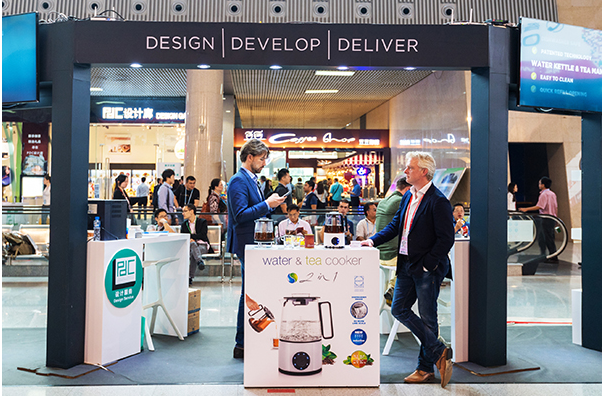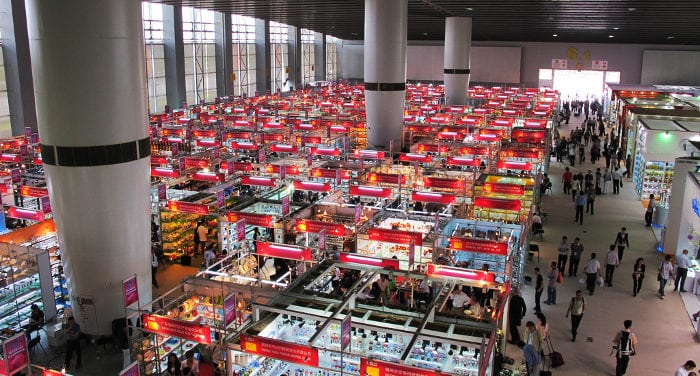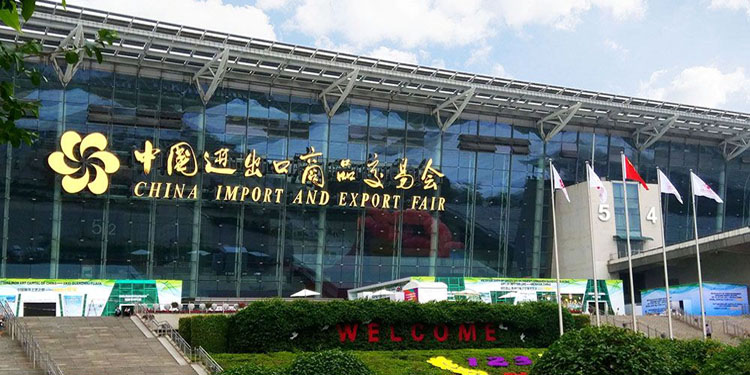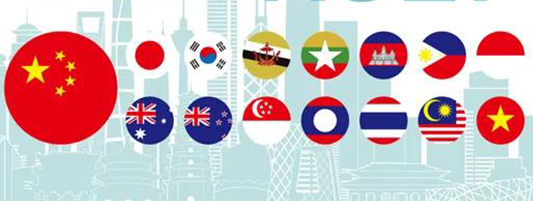Chinese trade fairs and exhibitions are the most valuable link for foreign brands to expand their network. Many foreign brands in China must rely on local forces to be successful, cooperating with Chinese companies. On the other hands, Chinese trade fairs and exhibitions are an excellent opportunity for domestic companies to “benchmark” with the world’s first-class level. Moreover, it is also a good platform to expand the import of technology and knowledge-intensive services and make up for domestic shortcomings.
Visiting exhibitions in China is, first of all, an opportunity to find – goods, suppliers, ideas. It all depends on what exactly foreign brands are looking for. Since, in addition to universal ones, a large number of specialized exhibitions happen in China. Companies can find the widest range of quality products in almost any niche. At the exhibition, foreign brands can establish contacts with manufacturers, learn about the company’s production capabilities, get familiar with the product line, purchase a trial batch, or conclude a contract, which may mark the beginning of long-term cooperation.
So, how foreign brands can succeed participating in the Chinese trade fairs and exhibitions?
Step 1: decided on your goals and budget

There are many branches of trade shows in China. Therefore, foreign brands must determine the target audience and the goals they strive to achieve by participating in the exhibition – to increase sales, increase brand awareness, get an idea of the industry, launch a new product, etc.).
In addition to free exhibitions and trade shows, there are also those for which companies have to pay for a ticket. Indeed, they can save money on the stand of their products, but they need to take into account that the stand must look professional in order to attract potential Chinese partners.
Step 2: find the right exhibitions and prepare for negotiations
To start, foreign brands should find out the schedule and locations of upcoming Chinese exhibitions, the profile of events and all the announced participants. Many trade shows and exhibitions in China last less than a week, so for foreign companies it is better to hire a translator to make a clear and constructive dialogue with Chinese partners. The translator will be able to translate requirements, wishes, doubts and provide information in return from the other side. In addition, the presence of a translator is an indicator that increases the status of a foreign entrepreneur in the eyes of potential Chinese partners. Only for this it is necessary to represent the translator as an employee of the company, even though his services were only for the period of the exhibition.
Canton Fair: main exhibition in China

The Guangzhou Fair is one of the most ambitious, visible and rewarding events in China’s business life. A huge number of foreigners visit this fair every year; almost all provinces and cities of China participate at the fair.

China Import and Export Fair has 2 stages. The invitations to the fair are sent by the Ministry of Foreign Trade and Foreign Economic Cooperation of China to the trade missions of all countries in China and to Chinese trade missions abroad. Almost everyone can apply to the Chinese trade mission at the place of stay with a request to issue them an invitation to the fair, which will be the basis for applying for a visa in the Chinese visa authorities.
Step 3: promote your brand in Chinese.
It is very important to attract the attention of potential partners passing by the booth. It is important to have a brochure or flyer in Chinese that briefly introduces the company and products. Overseas brands can also register on WeChat before participating in the fair. In WeChat, they can create the company page and visitors can scan the QR code at the booth and view company’s information in Chinese.
Step 4: appreciate every minute and prioritize your time

Foreign brands need to create a personal schedule for the exhibition day, as wandering aimlessly between the stands is time wasted. For example, Canton Fair that is taking place in Guangzhou has around million people come there every year. These days there is no way to get a taxi, the metro is overcrowded, and there are big problems with a free transfer from the hotel to anywhere. Therefore, having a driver is essential.
Step 5: record everything
For participants in the Chinese trade shows and exhibitions, it is important to take photos of pre-negotiated products. This is especially true for handwritten notes and price tags. Sending it to the partners – this is the way to avoid controversial points and disagreements in the future.
Step 6: prepare for the visit to the factory
After finding a partner, foreign brands need to arrange a meeting through e-mail or Skype. During these preliminary negotiations, it is better to plan a trip to the supplier’s factory and prepare a detailed list of questions. Also, foreign participants can ask for a sample of products to be prepared in advance.
Step 7: register your trademark in China

Foreign companies entering the Chinese market need to think about protecting their intellectual property rights. The Chinese trademark registration system is based on the principle of priority. It means, the first person to file an application has priority in rights and becomes the owner of the trademark, regardless of who first used or developed it. Counterfeiting in China is a billion-dollar industry. Loss of reputation from brand dilution and loss of profits can have negative financial consequences and result in huge losses. To maintain control of the brand, foreign brands need to register their trademark in China.
Step 8: continue working with partners after the Chinese trade fairs and exhibitions
After the show is over, it is important to use the connections that foreign companies made during the show. Moreover, the project manager must be prepared to communicate in Chinese with all clients and in the Chinese time zone.
Why is it important to participate in the Chinese trade fairs and exhibitions
- Choosing a supplier. The huge scale of the Chinese trade fairs and exhibitions makes it possible to immediately find potential suppliers.
- Product overview. The organization of trade shows in China is at the highest level, some companies even bring the devices on which the products are manufactured. Brands can see the production process of some things, touch, examine and evaluate the quality of products with their own eyes.
- Some exhibitions don’t cost money. Entrepreneurs receive a free ticket to the exhibition.
- Souvenirs from companies. Despite the fact that products cannot be purchased at such an event, companies rarely allow guests to leave empty-handed, and often give small souvenirs from their brand.
- Cultural component. Along the way, there is an opportunity to see the Middle Kingdom, taste local dishes, get familiar with Chinese culture.





